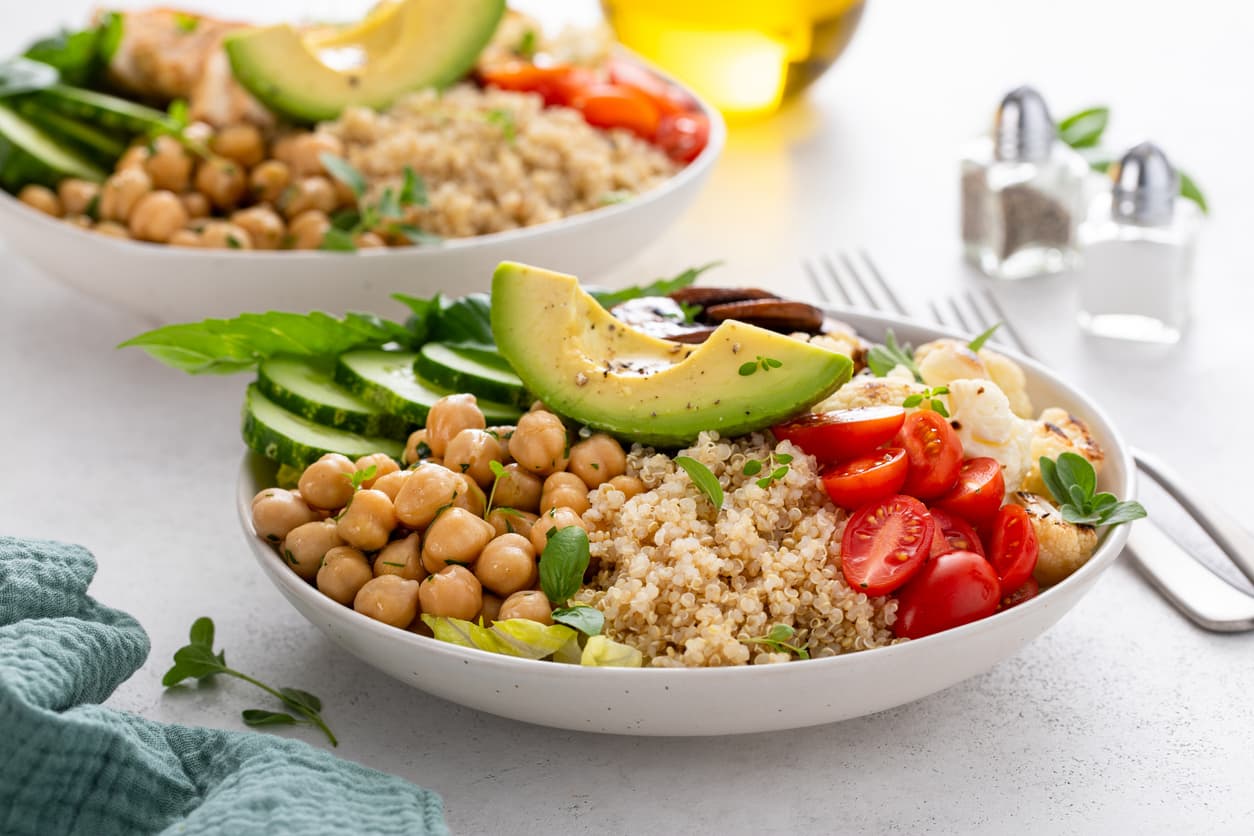Medication is the most common method of treating symptoms of ADHD in adults and children, however, some may choose to take a more natural approach by using foods, vitamins, and supplements. Many medical professionals are sceptical about the effectiveness of herbal remedies and vitamins in managing symptoms, but some individuals choose to use their diet as an alternative method or to complement medication.
Let’s take a further look into how diet can impact ADHD and some of the natural approaches you could try if you are struggling to manage your ADHD symptoms.
How Diet Can Impact the ADHD Brain
It has been proven through many years of research that our diets can impact our behaviour. Caffeine can increase alertness, chocolate can affect mood, and alcohol can change behaviour. It’s also thought that nutritional deficiencies can impact behaviour for example, a study into antisocial behaviour concluded that taking a supplement of essential fatty acids, vitamins, and minerals led to a significant reduction. So, it’s highly likely that nutrition and diet can affect the symptoms of ADHD.
How Diet and Medication Can Work Together
Stimulant medications, alongside psychosocial treatment, are found to be the most effective and beneficial form of treatment for adults with ADHD. However, if it’s found that medications aren’t working or an individual wants further improvement but doesn’t want the added side effects of increasing their dosage, then food, supplements, vitamins, and herbal remedies can be used to complement their treatment.
Foods, Supplements, and Vitamins That Can Impact Focus, Mood, and Energy
Below are the two main methods in our diet that can help to boost the use of ADHD medication.
Foods to Help Manage Symptoms.
The Importance of Balanced Meals – to reduce behavioural swings caused by hunger or by the deficiency of a particular nutrient, Edward Hallowell, M.D. and coauthor of Driven to Distraction: Recognising and Coping with Attention Deficit Disorder from Childhood Through Adulthood recommends dividing lunch and dinner plates into sections. Half should be filled with fruits and vegetables, one-fourth with protein, and the remaining fourth with a fibre-rich carbohydrate such as wholewheat pasta, whole grain bread, or brown rice. Fibre can reduce blood sugar spikes and drops which can increase inattention.
Protein for Brain Health – lean meats such as beef and pork, poultry, fish, eggs, beans, nuts, soy, and dairy products are protein-rich and can help to make brain-awakening neurotransmitters, so it’s recommended to start your day off with a protein-rich breakfast and eat protein-rich snacks throughout the day. Protein can also prevent blood sugar surges, which can increase hyperactivity.
Supplements and Vitamins.
Multivitamins – these are popular among parents of children with ADHD who are fussy eaters and don’t always get their daily recommended vitamin and mineral intake through food, improving cognitive function.
The Importance of B Vitamins – Vitamin B6 can help to improve dopamine levels within the brain, which improves alertness, it can also help to improve IQ scores and reduce aggression and antisocial behaviour.
Omega-3 Fatty Acids for Cognitive Function – studies have shown that omega-3 fatty acids found in cold water, and fatty fish such as sardines, tuna, and salmon tend to break down more readily in the bodies of those with ADHD. It can help to improve mental focus and cognitive function.
Zinc and Iron – low levels of zinc have been known to be linked with inattention. It’s also reported that increasing your intake of this mineral can increase dopamine levels and improve the effects of methylphenidate. Iron is also necessary for making dopamine therefore low iron levels can cause cognitive deficits.
Adaptogens – these are supplements that can help your body withstand stress and support cognitive function. Rhodiola Rosea may help to improve alertness, attention, and accuracy.Ginkgo’s Stimulant Effects – these herbs can act like stimulants but without the side effects of medication. Ginkgo can help reduce impulsivity and distractibility and has been reported to increase the effectiveness of methylphenidate.
Always Seek Medical Advice from an ADHD Specialist
If you are struggling with the effects of ADHD, we recommend seeking medical help by contacting your GP or seeking the help of an ADHD clinic for a professional and extensive ADHD assessment. We would never advise trying to cope on your own by adapting your diet alone. Not seeking the right help for ADHD can lead to mood disorders, mental health problems, and even substance abuse.
Beyond Clinics: ADHD Assessments for Adults and Children
ADHD is unique to each individual and we recommend finding what works for you, whether that’s medication, talking therapies, adapting your diet, or a combination of these methods. However, we would prescribe talking with a private ADHD clinic in Manchester like Beyond.
Beyond is a private ADHD clinic in Manchester offering ADHD assessments for adults and children, alongside treatments that are tailored to you. If you want to speak to one of our clinical experts for a confidential chat, call us today!



